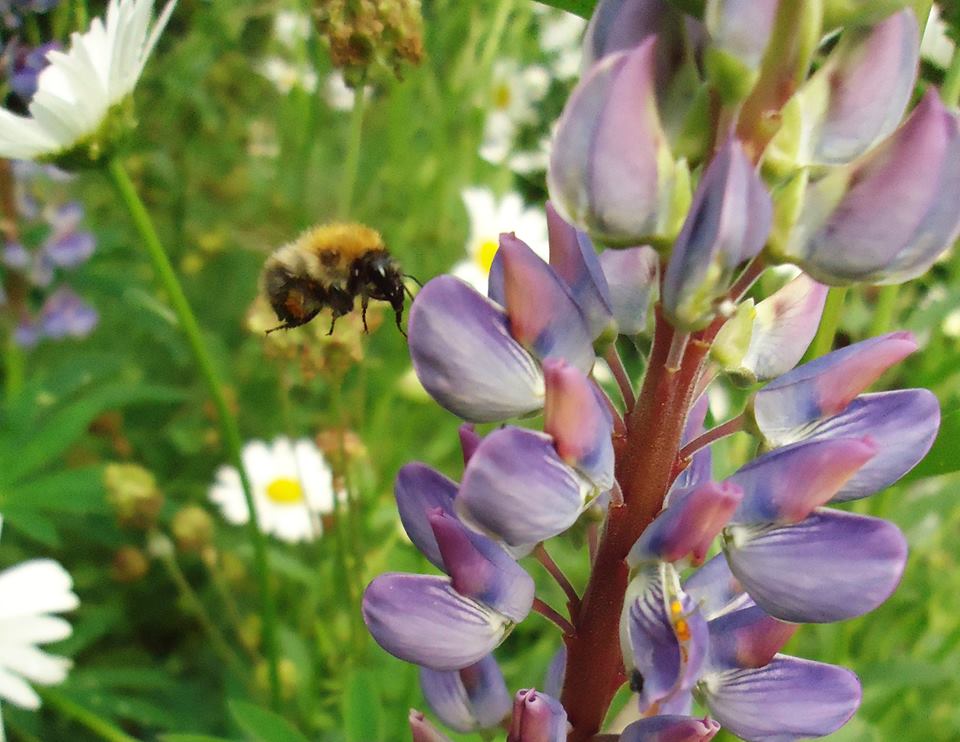Over the last few months, Felixstowe’s Community Nature Reserve has welcomed more new members than ever before. In fact, if you add together all the new spaces which local people have created as part of our Community Nature Reserve, it’s more than an entire football pitch!
With so many new members, we’ve received lots of enthusiastic questions about the best ways to develop a wildlife-friendly garden, allotment or set of window boxes. We therefore offer the following plant list as a way of improving the biodiversity in your little green spaces.
Rowan
The red autumn berries of this beautiful tree are much loved by all members of the thrush family. Our recommendation is the European Rowan Sorbus aucuparia.
Barberry
It’s a deciduous shrub whose autumn berries will be greatly appreciated by many species of small bird. When its flowers are in bloom, the nectar will also be appreciated by butterflies and moths.
Firethorn
Birds love the berries, and insects adore its nectar. It’s an evergreen, so you can leave it to grow year after year. In its mature stages, Firethorn forms a dense hedge which is ideal as a home-security alternative to fences or walls.
Foxgloves
Plant the seeds in late summer right after the seed pods mature. However, you can also plant them in autumn or spring and still achieve good results. When they start to emerge, thin them out so the plants are no less than 12 inches (30 cm) apart. Bumblebees love foxgloves, and so do many other insects. And with insects, there will be birds to feed on them! Look for the name Digitalis.
Thyme
These seeds are so tiny! There can be up to 170,000 Thyme seeds in only one ounce. For best results, plant the seeds into trays, and only plant the seedlings into your garden / allotment in early spring between 4 to 6 inches (10 to 15 cm) apart. Beetles and invertebrates love Thyme. Bees love their nectar!
For more information about the work of Felixstowe’s Community Nature Reserve, please visit our Facebook page: www.facebook.com/FelixstoweCommunityNatureReserve
Supplied by Dr Adrian Cooper





